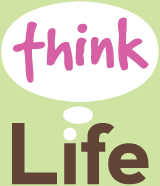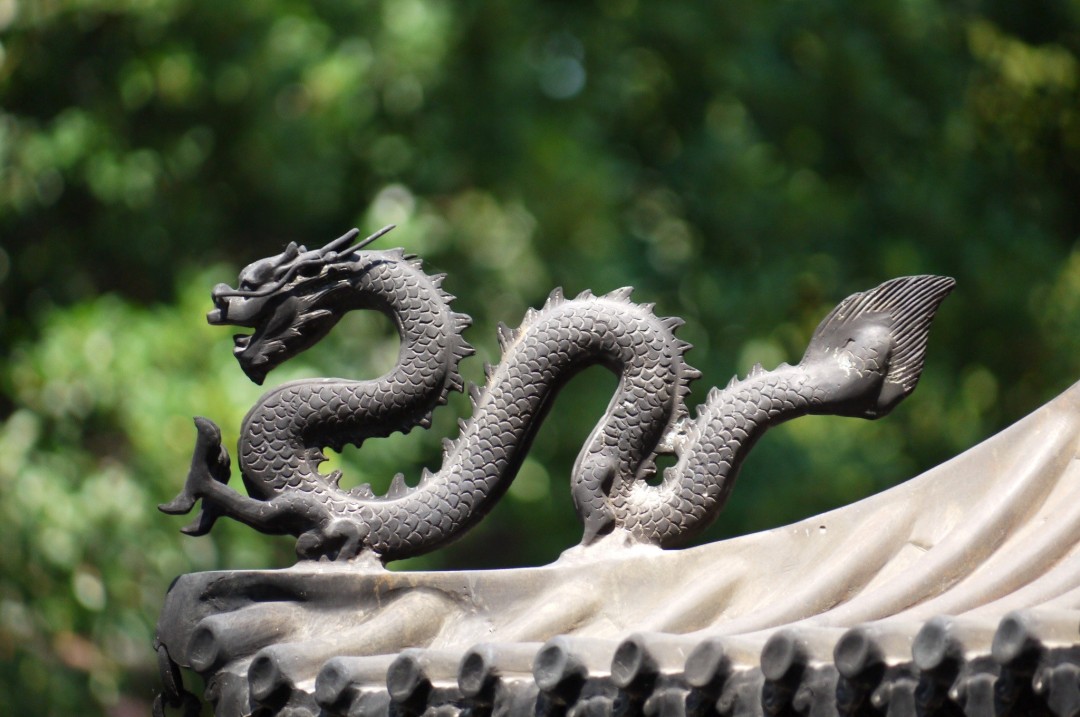Embracing My Inner Dragon: Making Aging Positive
I don’t believe people are looking for the meaning of life as much as they are looking for the experience of being alive.
Joseph Campbell
Not long ago I celebrated my birthday, an event made more memorable by my friendly neighbourhood drugstore, which announced that as a “young senior,” I now qualified for a special discount. At the time, I didn’t know whether to laugh or cry. I did both.
Yes, growing older has its challenges, like my short-term memory lapses, my body’s mysterious cracking sounds when waking in the morning, and most alarmingly my increasing usage of “those damn hooligans!” in conversations. However, I take comfort from the words of William Wordsworth, “The wiser mind mourns less for what age takes away than what it leaves behind,” and the knowledge that I’m not alone.
According to Statistics Canada, the number of Canadians who are aged 55 to 64 and approaching retirement is now at its highest. In 20 years the entire baby boom generation, those individuals born between 1946 and 1964 will have turned 65 years old. For the first time in Canada, seniors currently outnumber children.
Canadians are also living longer – today the average life expectancy is 82 years. How do we enhance the quality of our aging? A recent study suggests that healthy aging and longevity in humans depends largely on good health habits. Only 25% of aging is due to genetics. This means that lifestyle, health-related behaviours, and environment account for 75% of how well we age.
We’ve heard it a million times. Eat good nutrition. Get proper sleep. Exercise every day. It’s good advice for promoting healthy aging and overall wellness. Less spoken about and equally important for well-being is our attitude towards growing older. Research shows that older people who maintain positive self-perceptions about their own aging, have increased functional health and longevity, and live on average 7.5 years more than people who hold negative attitudes on aging.
Maintaining a positive outlook about aging is no easy feat when everyday we’re bombarded by messages and images that promote youth, vitality, and beauty. In a youth-obsessed culture, older adults often feel invisible and marginalized, that they’re less capable and valuable members of society. In fact, a new analysis by the World Health Organization (WHO), on global attitudes towards older people shows that ageism or discrimination against the aged is common and widespread, with the lowest levels of respect reported in high-income countries.
As an older woman, I’m dismayed and amused by how much time, energy, and money our society spends beating back time. I abhor the terms “anti-aging” or “age-defying,” often used in marketing to promote a variety of products that include skincare, cosmetics, food, drinks, and supplements. I feel they are demeaning, and send the message that aging is bad, bad, bad, and worse yet, that we, as living organisms can somehow halt a natural, universal process.
I believe that the true essence of graceful aging is maintaining an attitude of optimism in each stage of our life. For me, it means nurturing physical and cognitive health and social well-being. It means opening mind and heart to all possibilities. It means embracing love, creativity, and self-expression. It means practicing acceptance.
The art of aging well is the heart of Reflections of the Moon on Water, a beautifully written guide based on the ancient wisdom and practices of Chinese medicine. According to physician Xiaolan Zhao, CMD, traditionally, each stage of a woman’s life is honoured and celebrated. After the age of 50 years, a woman enters “Second Spring,” a phase known in the West as menopause. “Second Spring” is a time of rejuvenation and the awakening of new potential. Energies previously focused on relationships, careers, and family find new direction in nurturing passions, self-expression, and individuality.
Zhao shares an ancient Chinese saying worth remembering: “Women in their thirties are wolves; in their forties, tigers and in their fifties, dragons.”
I’m ready to embrace my inner dragon. Are you?

